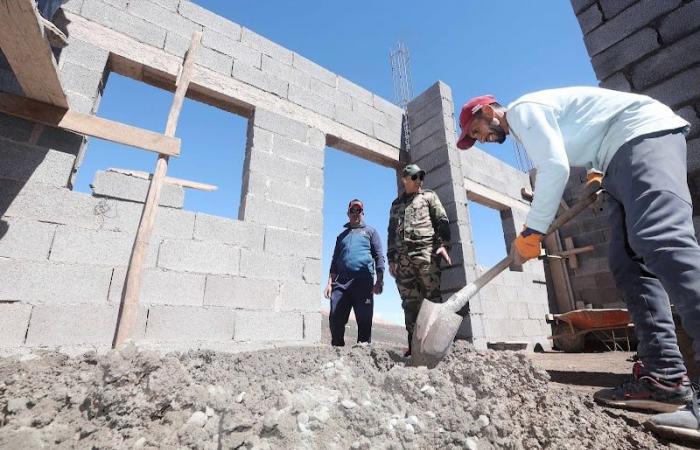On September 8, 2023, a deadly earthquake struck the Al Haouz region, causing around 3,000 deaths and extensive material damage. In response, and on high Royal instructions, financial aid was ordered. In this sense, the Minister of the Interior, Abdelouafi Laftit, affirmed that this financial aid had been granted to 63,000 victims, refuting any unfair exclusion among the beneficiaries. He clarified that around 250,000 requests for aid were registered, a figure higher than the population of the affected areas.
During the discussion on the sectoral budget of the Ministry of the Interior, Tuesday evening at the Committee on the Interior and Territorial Communities of the House of Representatives, Laftit declared emphatically: “ If we have already helped so many, why would we exclude 100 or 200 people? Would the exclusion of one person among the 63,000 make us poorer? “, he asked himself.
His remark underlines the desire for transparency and fairness in the allocation of aid, while explaining that verifications made it possible to validate the 63,000 final beneficiaries, some even having received aid despite uncertain rights.
The minister recalled that intense efforts had been made to guarantee the speed of support for the disaster victims, the first allocations having been distributed the month following the disaster. On the reconstruction front, he revealed a major challenge: “ With 50,000 houses to rebuild, around 200,000 workers would be needed if each house employs four workers. However, this figure is unattainable in this isolated region “. To get around this lack of labor, the government opted for a system of direct subsidies, allowing disaster victims to manage the reconstruction of their homes themselves.
The scale of the work prompted Laftit to recall the complexity of such an operation: “ Building a city allows resources to be concentrated and 30,000 homes to be completed in eight months. Here, we face significant geographical dispersion, making access to houses very complicated. ».
In his update on the progress of reconstruction, Laftit announced that 6,000 houses have already been built and 40,000 others under construction, some being half completed. At the same time, he recalled that King Mohammed VI ordered the extension of the support period for reconstruction by six additional months, bringing this duration to one and a half years, with an ambitious objective: to achieve a reconstruction rate of 60 to 70% by the end of this period.






